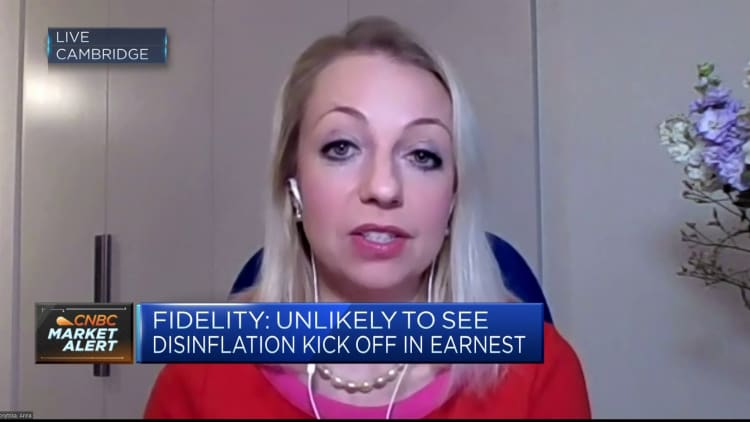European markets closed lower Friday, led by a sell-off in the banking sector.
The pan-European Stoxx 600 index provisionally ended the session down 1.5%, with all sectors and major bourses in negative territory.
Bank stocks led losses, down 3.9%, followed by financial services, which lost 2.8%.
European markets
The plunge in banking stocks comes after a capital raise at Silicon Valley Bank led to its stock collapsing 60% and contributed to wiping out over $80 billion in value from bank shares.
Investors also continue to digest comments by U.S. Federal Reserve Chairman Jerome Powell, while those in the U.K. enjoyed a stronger-than-expected economic rebound showing the British economy grew 0.3% and managed to avoid a recession.
U.S. stock futures were mixed Friday as investors look to upcoming job data for clues on how the Federal Reserve may move forward, while stocks in the Asia-Pacific dipped on similar factors.



